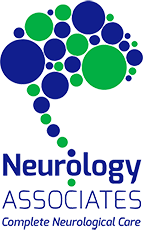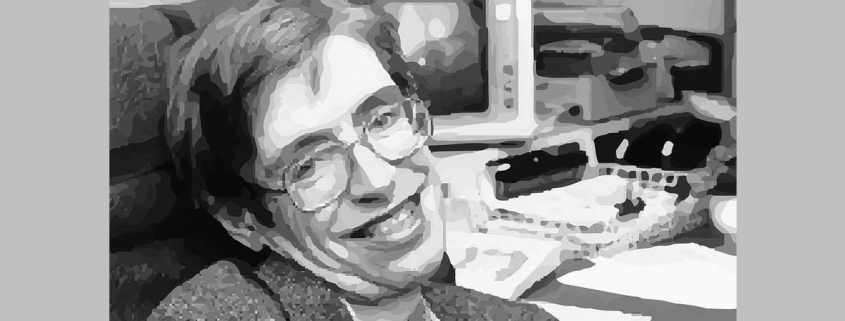A Neurologist in Leesburg Gives an Overview of Lou Gehrig’s Disease, Also Known as ALS
Amyotrophic Lateral Sclerosis (ALS) is also known as Lou Gehrig’s Disease, named after the professional baseball player who was diagnosed in 1939. In recent times, the most well-known victim of ALS is the famed physicist Stephen Hawking. ALS is a rapidly progressive, ultimately fatal neurological disease that attacks nerve cells responsible for controlling voluntary muscles.
This disease often begins with muscle twitching and weakness in a limb, or slurred speech. Eventually, ALS affects the control of the muscles needed to move, speak, eat, and breathe. Right now, there is no cure for this condition.
ALS is a rare disease, affecting 5 people per 100,000. If you suspect that you or someone you know is suffering from ALS, it is important to learn as much as you can about this condition and seek the guidance and expertise of Dr. Sarbjot Dulai whose offices are located in Lansdowne and Dulles, VA.
What is ALS (Amyotrophic Lateral Sclerosis)?
Amyotrophic Lateral Sclerosis affects the nerve cells that control voluntary muscle movements such as walking and talking (motor neurons). ALS causes these motor neurons to gradually deteriorate, and then die. Motor neurons extend from the brain to the spinal cord and out to the muscles that spread throughout the body. When motor neurons are damaged, they stop sending messages to the muscles, so then the muscles cannot function.
Who can be affected?
Unfortunately, ALS can affect anyone, all sexes, races, and ethnicities. However, according to the CDC white males aged 60 and over, and those with a family history of ALS are more likely to develop the disease.
What causes ALS is still unknown. Researchers continue to study possible causes. The only established risk factors are:
- Heredity – 5 to 10% with ALS inherited it.
- Age – Risk for ALS increases with age, the most common time for being diagnosed with ALS is between the age of 40 and mid-60s.
- Gender – Before the age of 65, it is more likely that men will develop ALS. This distinction disappears after the age of 70.
Source: https://www.mayoclinic.org/diseases-conditions/amyotrophic-lateral-sclerosis
Symptoms and when to see a Neurologist
ALS often starts in the hands, feet, or limbs; it then spreads to the other parts of the body. As the disease progresses and nerve cells are destroyed the muscles get weaker and weaker. With the muscles weakening, this will eventually begin to affect the ability to chew, swallow, speak, and breathe.
Symptoms of ALS can vary greatly from person to person, especially depending on which neurons are being affected. However, some signs and symptoms to look for might include, but are not limited to:
- Difficulty walking or doing normal activities
- Tripping and falling
- Weakness in your legs, feet, or ankles,
- Hand weakness or clumsiness
- Slurred speech or trouble swallowing
- Muscle cramps and twitching in your arms, shoulders, and tongue
- Inappropriate crying, laughing, or yawning.
- Cognitive and behavioral changes.
ALS is hard to diagnose early due to its symptoms mimicking other neurological diseases. If you suspect you have ALS, it is important to see a neurologist in Leesburg, VA who can use testing and imaging to help rule out other causes. One way you can prepare for your appointment and help your doctor is by keeping a symptom diary. Jot down when and how you notice problems with walking, hand coordination, speech, swallowing or involuntary movements. Keeping a daily record can help show any patterns that can be helpful in your diagnosis.
ALS can be manageable
While there is no current cure for ALS, it is manageable until the disease becomes too advanced. With the help of a team of doctors, including your neurologist in Dulles, Dr. Dulai, the best treatments to help prolong and improve quality of life are possible.
If you or a loved one start observing symptoms of ALS, call for an appointment with a Leesburg neurology specialist. You can reach Neurology Associates at 703-726-6393 or visit our offices in Dulles and Lansdowne, VA.






